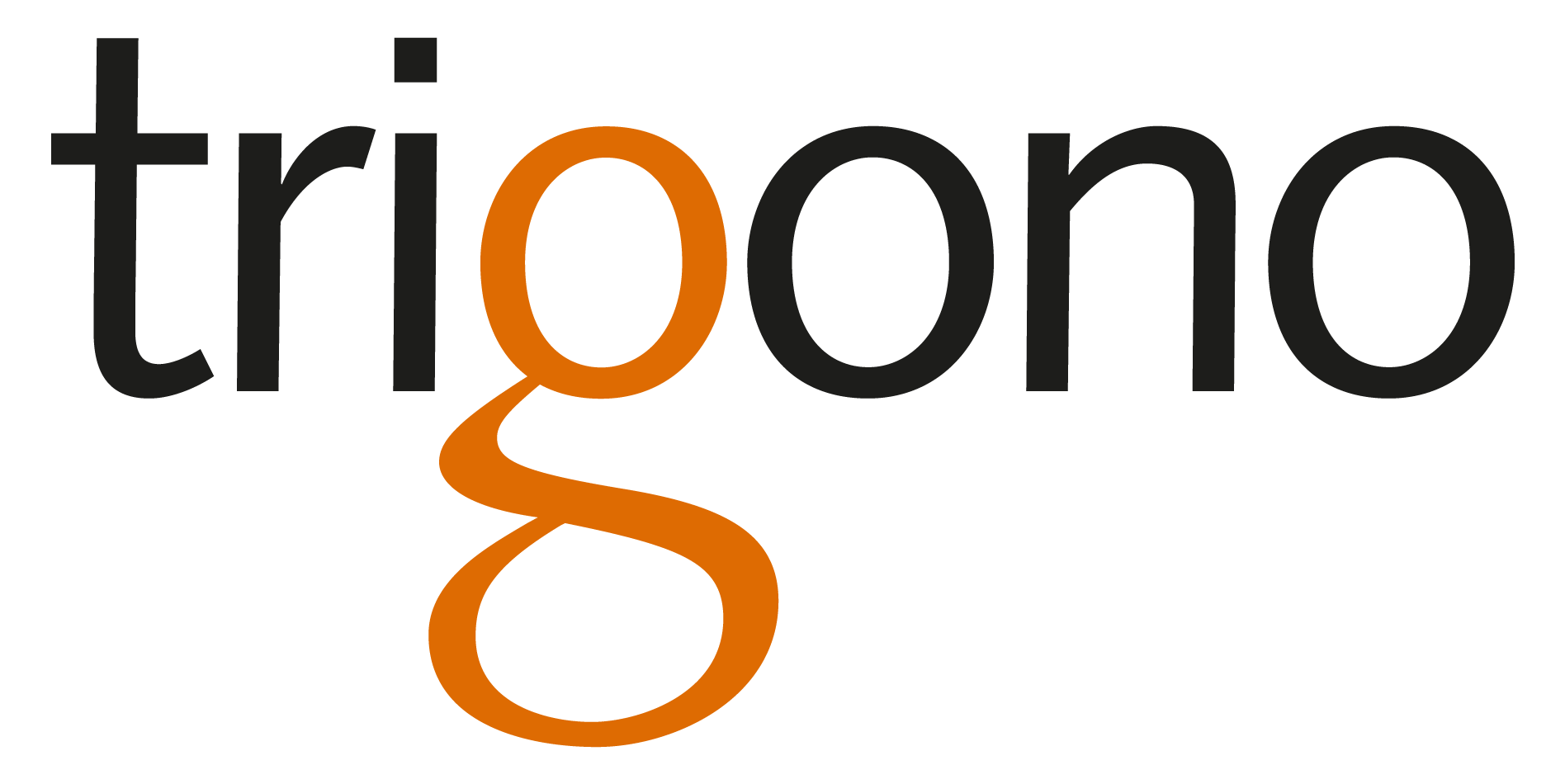From Excel to FileMaker: How a Relational Database Can Revolutionize Your Data Management
Emil Tomsson

In today's data-driven world, managing data is an essential task for any business. As businesses grow, they often find that traditional spreadsheet software such as Excel can no longer keep up with their needs. Fortunately, there is a solution that can help businesses manage their data more efficiently: FileMaker.
FileMaker is a relational database software that allows businesses to create customized applications to manage their data. Unlike Excel, which operates on individual spreadsheets, FileMaker works with a system of tables, fields, and records. This structure allows businesses to create a more organized and efficient way to manage their data.
Moving from Excel to FileMaker can provide numerous benefits for businesses, including:
Better organization: FileMaker's relational structure allows businesses to organize their data in a more logical and efficient way. This structure ensures that data is consistent and eliminates duplicate entries, reducing the risk of errors.
Improved data security: FileMaker allows businesses to set up user accounts and access privileges, ensuring that sensitive data is only accessible to authorized users.
Increased efficiency: FileMaker's customizability allows businesses to create applications that streamline their data management processes. This can save time and reduce errors, ultimately leading to increased productivity.
Better reporting: FileMaker allows businesses to create custom reports that can provide insights into their data. These reports can be tailored to specific needs and can help businesses make informed decisions based on their data.
Scalability: FileMaker can handle large amounts of data and can easily scale as businesses grow. This scalability ensures that businesses can continue to use FileMaker as their data management needs increase.
Overall, moving from Excel to FileMaker can provide numerous benefits for businesses. By using a relational database, businesses can improve organization, increase data security, improve efficiency, create better reporting, and easily scale as their needs change. If you're interested in improving your data management processes, FileMaker is definitely worth considering.
